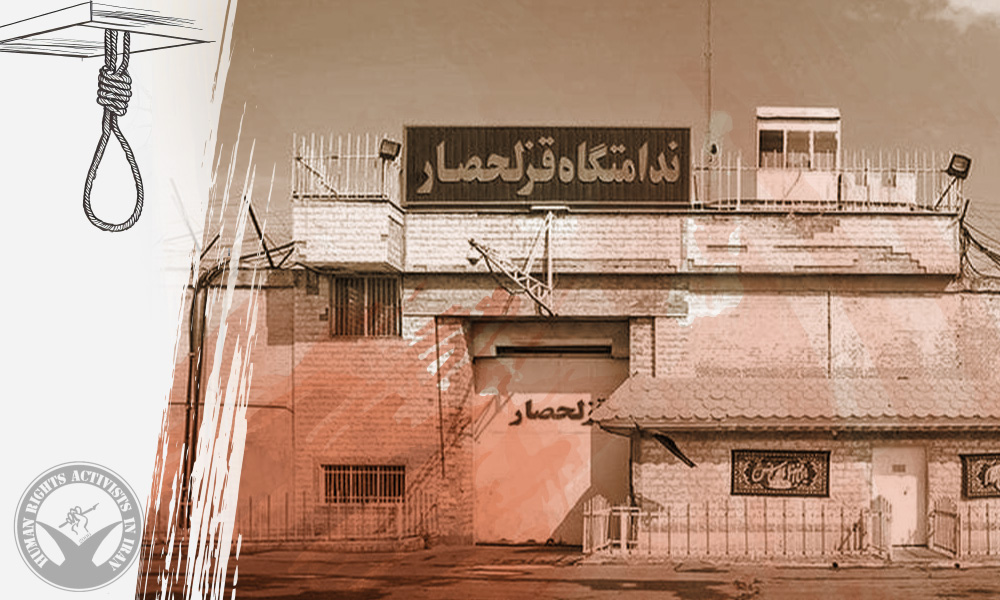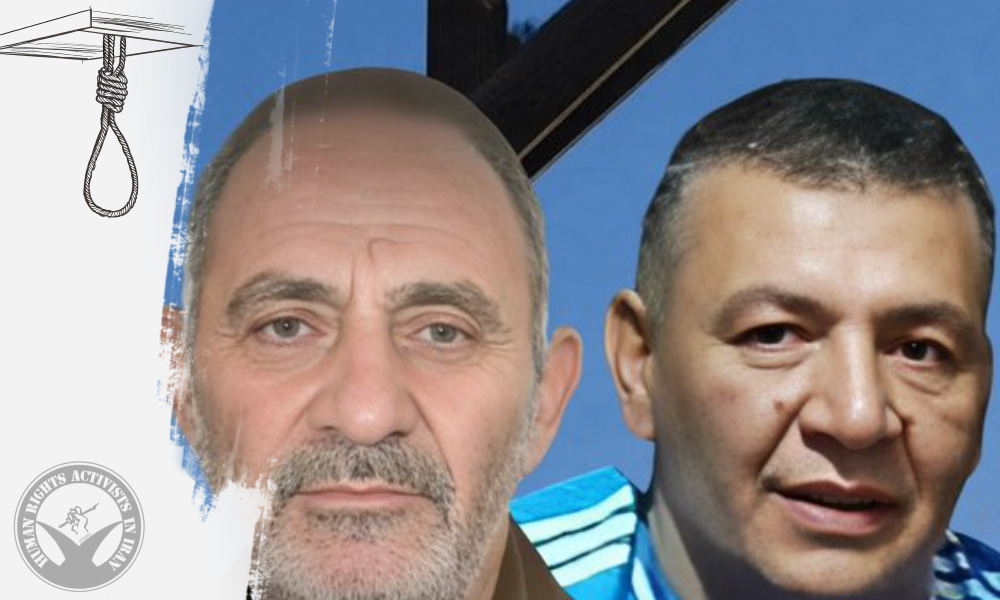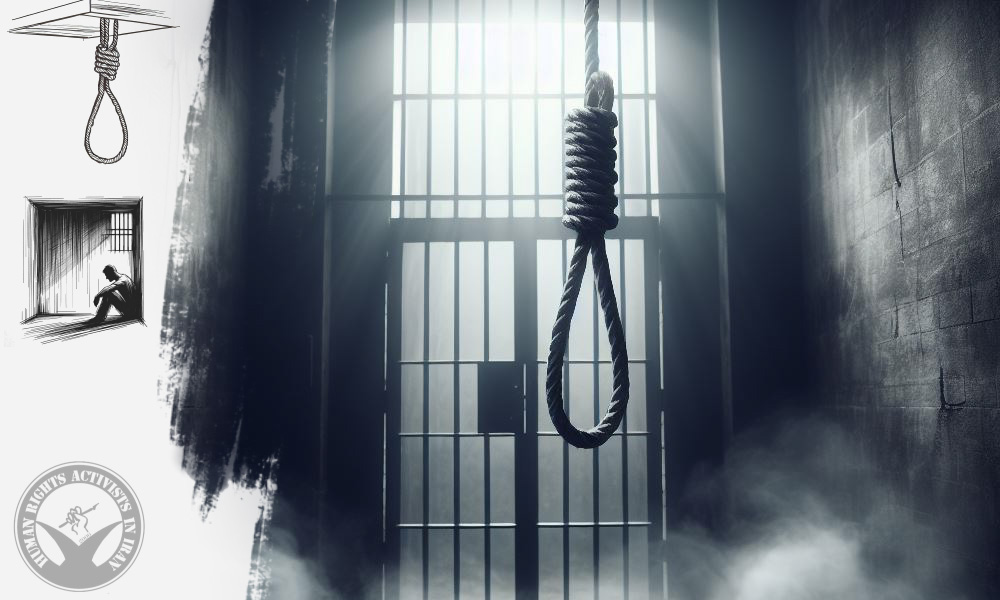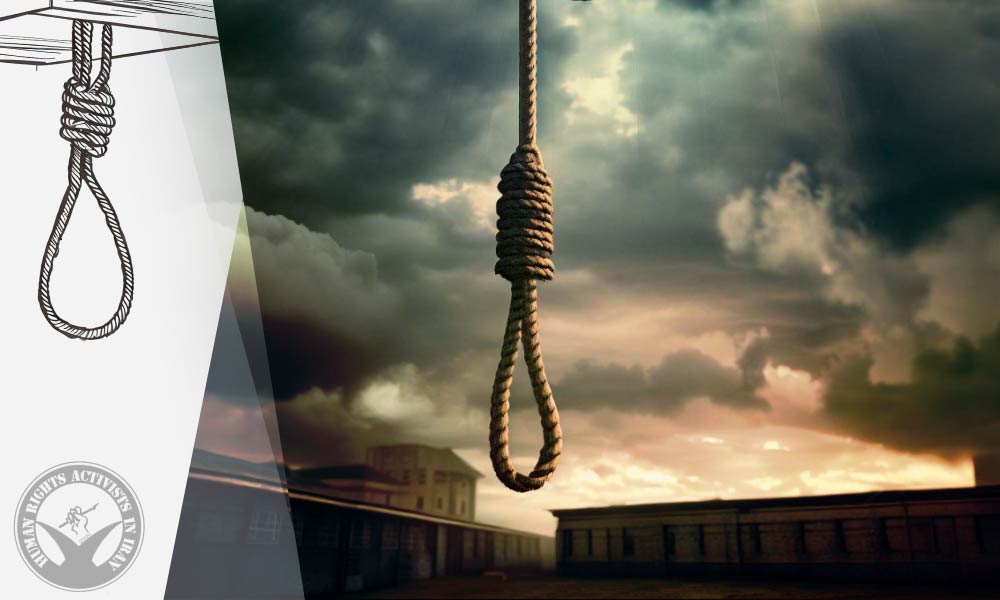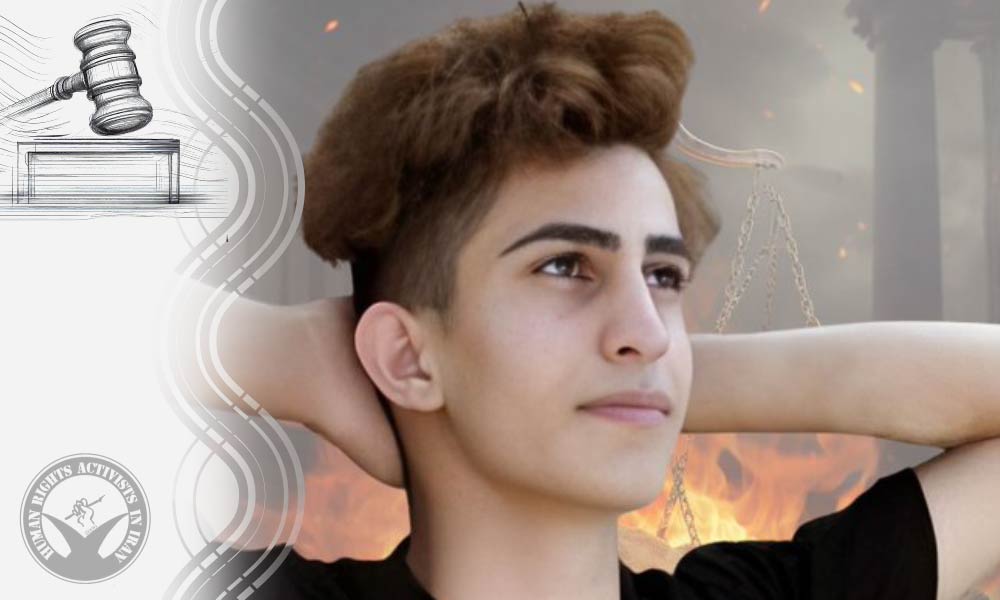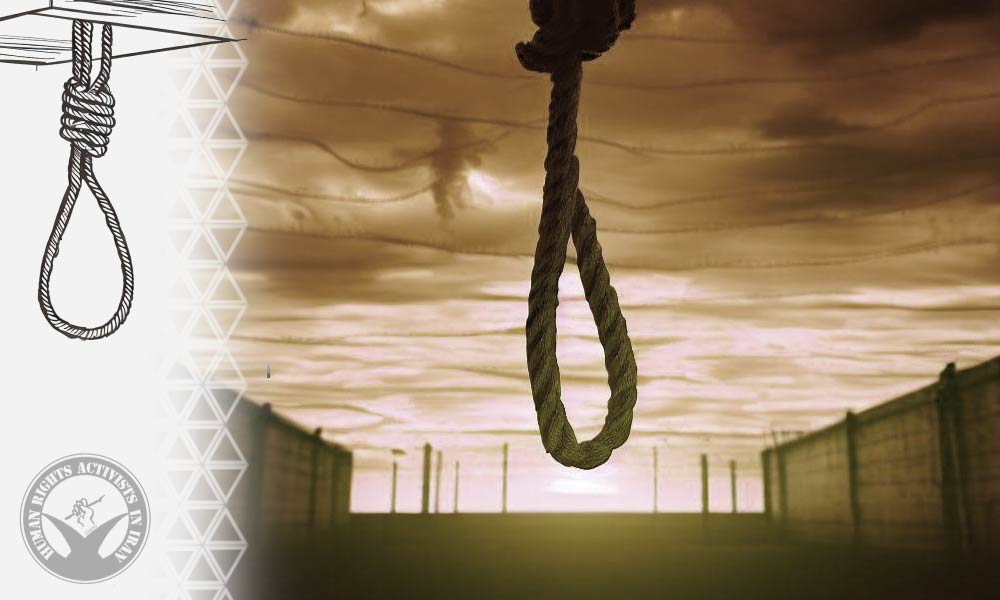At dawn on Wednesday, December 18, 2024, the death sentences of at least six prisoners were carried out in Ghezel Hesar Prison in Karaj.
Among those executed, one had been convicted of murder, four were sentenced on drug-related charges, and one was condemned for “spreading corruption on Earth” by instilling fear among women and causing injuries.
The identities of the prisoners have been confirmed by HRANA as Hassan Ali Yousefi, Majid Jamshidi, Sohrab Ahmadipour, Abdolbari Pakouhi (an Afghan national), Farzad Nowruzi, and Rastgouyi Kondelaj.
According to reports, Yousefi, Jamshidi, Ahmadipour, and Pakouhi were arrested on drug-related charges and sentenced to death by Revolutionary Courts. Farzad Nowruzi received a death sentence from a Criminal Court for murder. Rastgouyi Kondelaj, the sixth prisoner executed, was sentenced to death for “spreading corruption on Earth.”
The Judiciary’s media center provided details on Kondelaj’s case, which began in late 2018. He used a motorcycle and concealed his face to approach women and girls from behind, attacking them with an awl—a sharp iron tool with a wooden handle typically used in leatherworking—before fleeing. These assaults injured 59 women and girls in Tehran.
Following his arrest, Kondelaj was charged with “spreading corruption on Earth by instilling fear among women and injuring them.” He was sentenced to execution and ordered to pay compensation to the victims.
As of this report, no official statements have been issued by the Judiciary’s media center, prison officials, or other authorities regarding the executions of the other five prisoners.
According to data gathered by the Department of Statistics and Publication of Human Rights Activists, Ghezel Hesar Prison in Karaj witnessed the highest number of executions in 2023, with Zahedan Prison following closely behind. For a comprehensive examination of the details and statistics surrounding the executions in Iran, refer to HRANA’s report.



